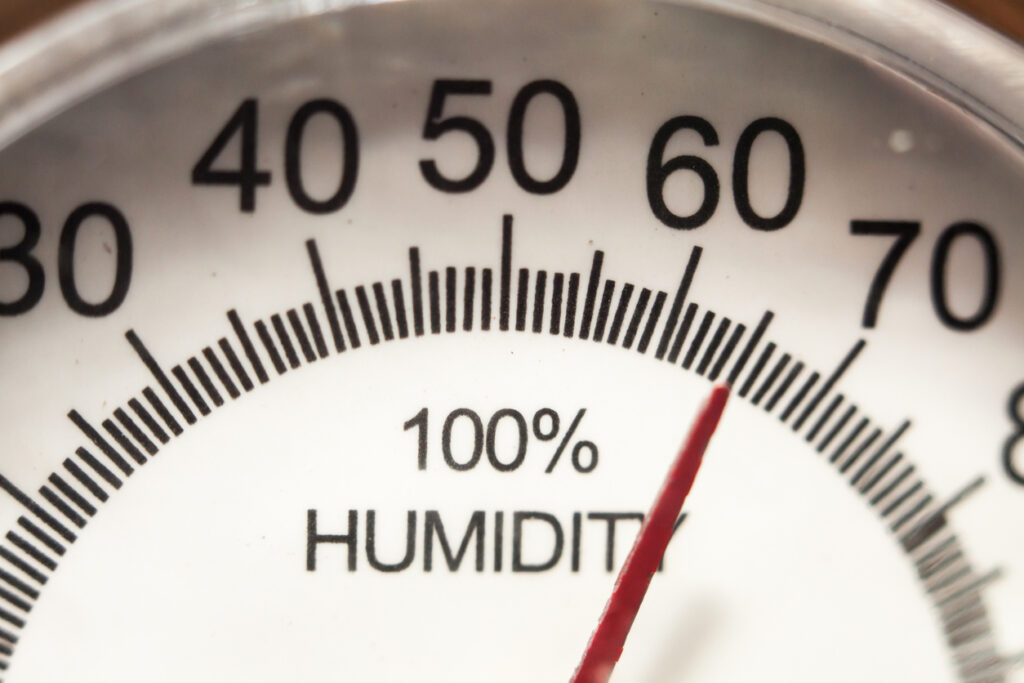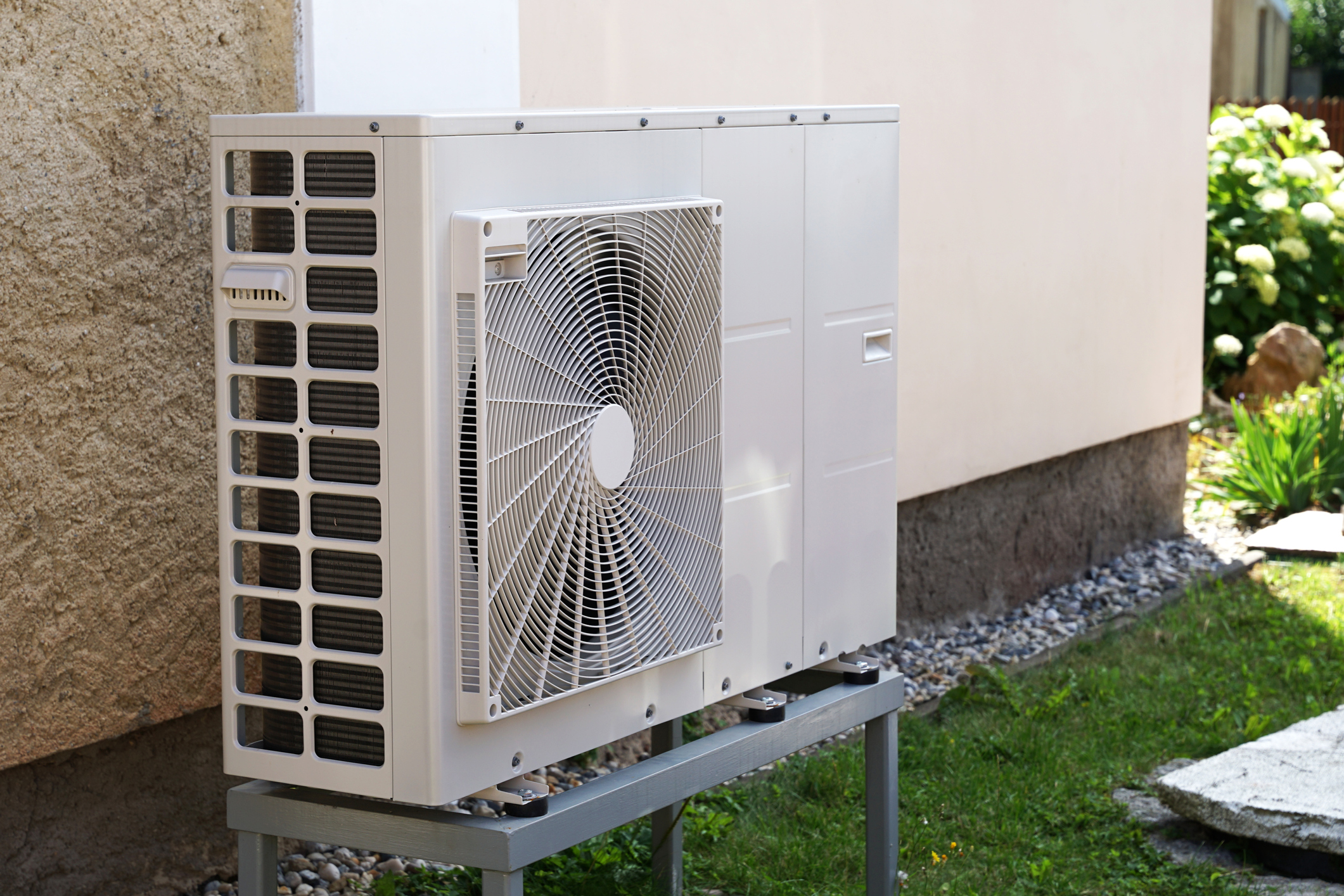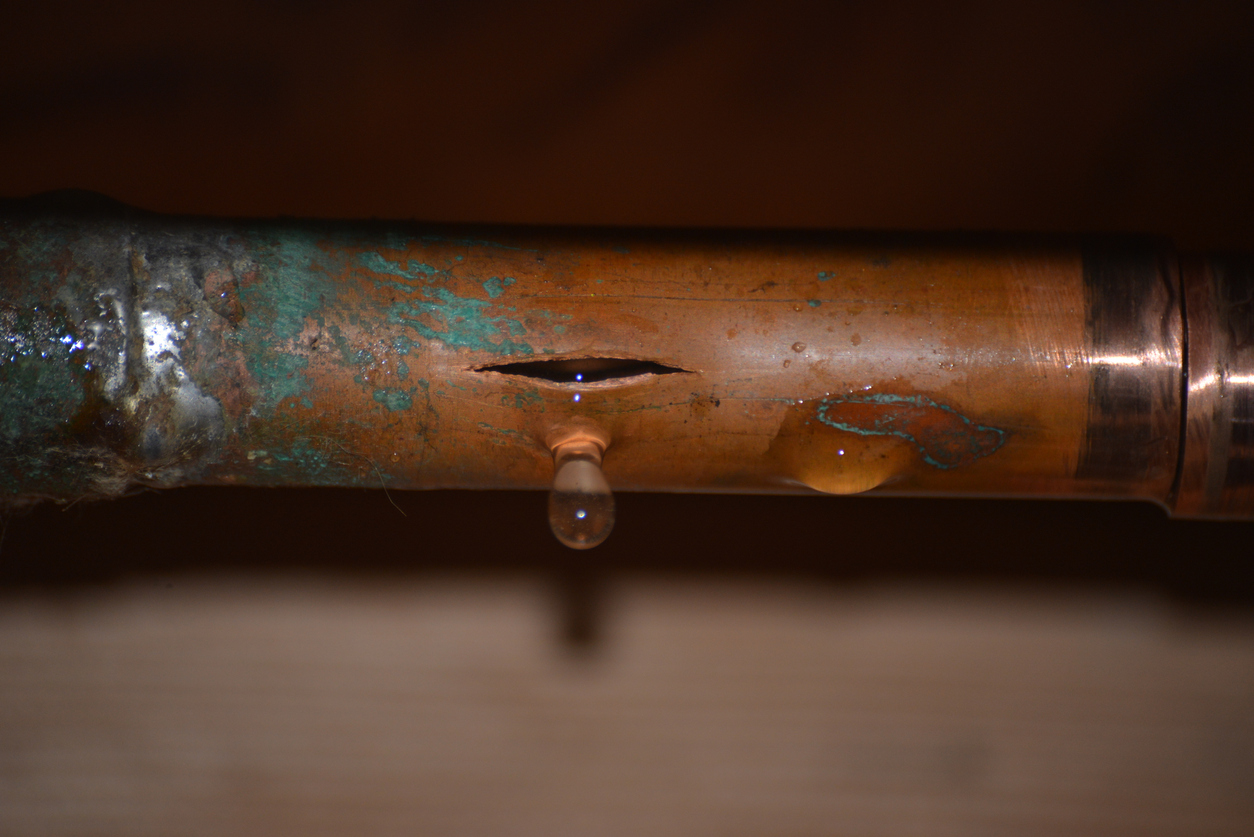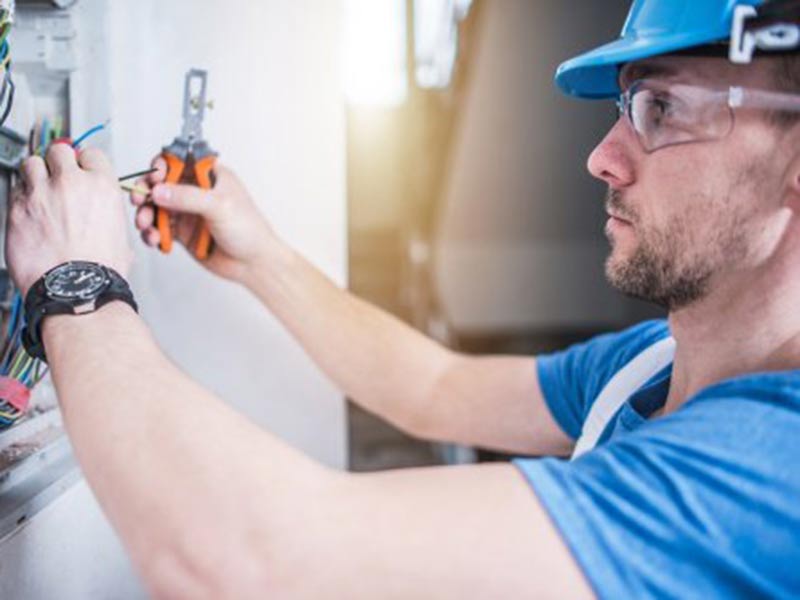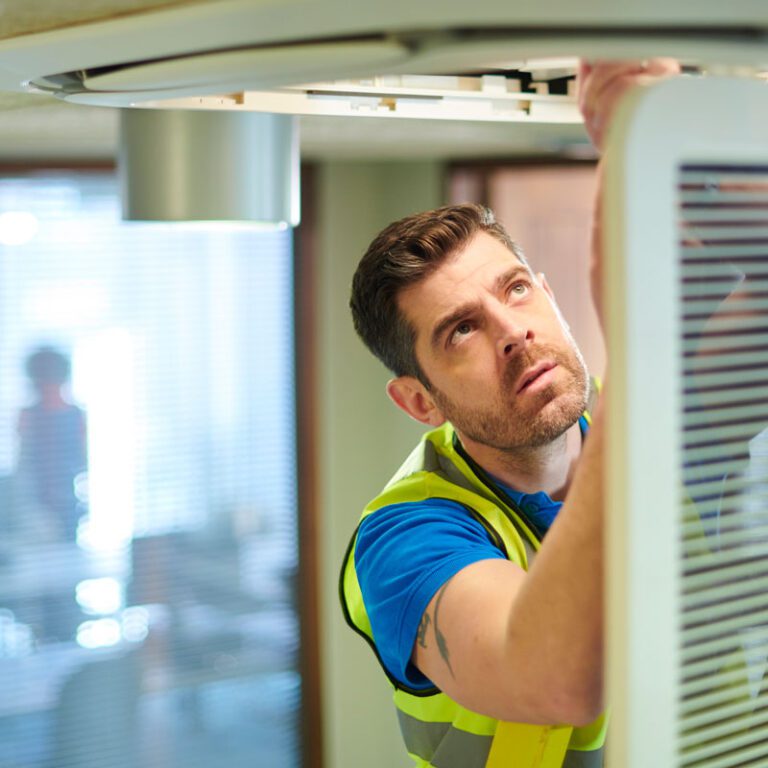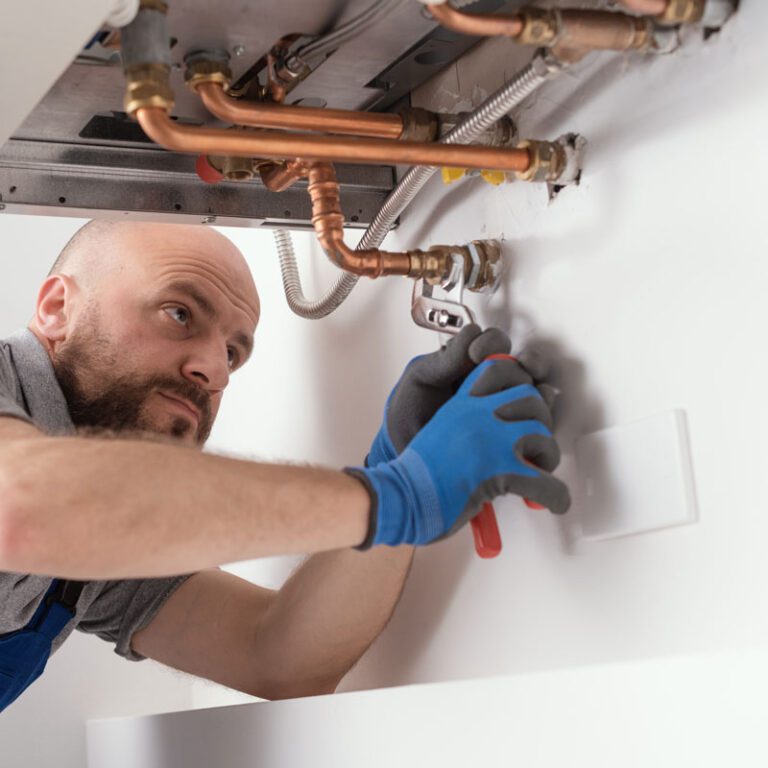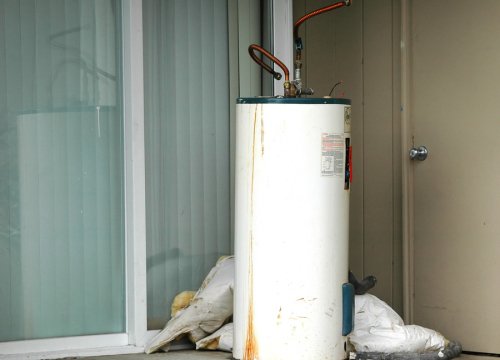Our Blog
Get in Touch with Us
Request Service

Why Choose Hawkins Service Company?
- We provide services for both residential and commercial customers.
- Our team guarantees the highest standards of safety and quality.
- We offer 24/7 emergency services for any of your HVAC or plumbing needs.
- You'll get transparent pricing to ensure value-driven solutions.
- Our skilled technicians ensure timely and seamless installations.
- We prioritize reliability and honesty in every installation service.

